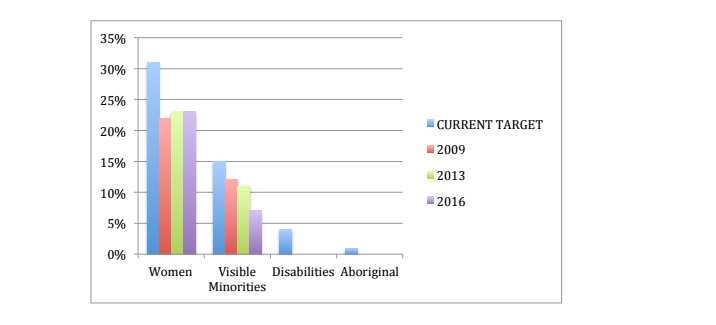The university has done frustratingly little to prepare its COVID-19 graduates for a working life post-university
It’s March, I’m a fifth-year student, and I graduate in two months.
This should be really exciting.
But in the current job market, it’s a nightmare.
COVID-19 has obliterated the workforce — that’s old news. But there’s a new, even higher hurdle for imminent graduates who’ve not been able to network in person for over a year. Students have been robbed of a year of international exchanges and in-person job placements, labs, and classes. We’ve forgotten how to act in professional settings: the last year has let those skills atrophy.
As an arts student, I’m especially concerned. My Bachelor of Arts degree in theatre is about to be even less useful than it was prior to the pandemic.
Students like myself have migrated to LinkedIn and other job-finding sites to help the search, but without that in-person networking and interviewing experience, positions are simply harder to find than they used to be.
“It’s absolutely harder this year,” said Elizabeth McDonald, a fourth-year English major and another imminent graduate.
“There’s no way for students to interact with any kind of facility in a face-to-face scenario. We as students have been educated in a system where you learn to be personable, where you learn how to interact in a public setting — how can you learn something like that through a screen?”
McDonald is lucky — she’s found a part-time gig with a film company in her hometown — but the university has still done frustratingly little to prepare its COVID-19 graduates for a working life post-university.
As a result, some students, myself included, have opted to pursue graduate studies instead — prolong the need to find full-time work until such a time as theatre has returned to “normal,” in my case.
But not everyone wants (or even needs) to attend graduate school for their chosen field of study. In a normal year, students with awesome social skills might have had the chance to shine at job fairs, research symposiums, or shadow days. They wouldn’t need to prolong the inevitable by attending expensive, increasingly competitive graduate programs.
This year, it’s all one big digital question mark.
LinkedIn is the industry standard for finding work, and yet its paid version is ridiculously expensive and often inaccessible to students new to the workforce. Zoom’s quickly becoming the standard video conferencing app, and yet its free version is insufficient for longer meetings. Resumes have become harder to perfect in the age of automatic recruitment algorithms.
Why hasn’t the University of Ottawa done anything to offset these costs or these increases in expected labour from struggling students? How can we be expected to be competitive when the world eventually expands beyond the parameters of Zoom? Why have we paid for mostly closed sports services this year, and yet not received any sort of help in terms of mitigating the hardships caused by the need for newer and better technology?
Students like me are scared. We’re entering the “real world” in a matter of weeks — a real world that’s expecting graduates who are ready to take on the digital world.
And we aren’t. We’ve been set up to fail.
This problem needed to be factored in when the university made its pandemic plans last year. Or, at the very least, the university needed to attempt to find solutions as the academic year went on. The pandemic isn’t new. Last-minute Zoom meetings with a small handful of (mostly STEM-oriented) recruiters don’t bridge the gap between us and last year’s graduates.
“I’ve just felt lost,” said McDonald, speaking of the job search process.
She’s not alone — that’s how most of this year’s graduates are feeling, unsupported by our university and desperately missing the opportunities our older peers had before us.






